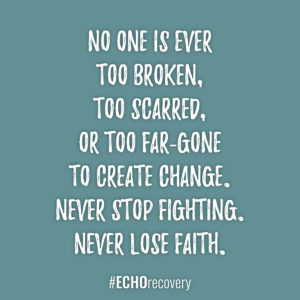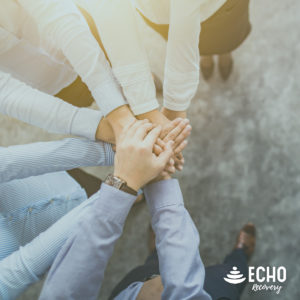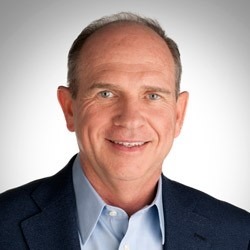Most Americans are at least somewhat aware of the ongoing opioid crisis in America, but looking out your front door, it can be hard to spot the signs of opioid addiction in your community. Prescription drug abuse in the United States affects all Americans, in every state, across racial, cultural, economic, and educational lines. While many states have passed legislation specifically targeting opioid abuse, the average citizen can have a profound impact in several ways.
Advocacy, Education, And Support For Addiction Recovery
The first step any average person should take to fight the ongoing opioid crisis is to learn about the effects opioids have had at the local, state, and national levels. If you are wondering what you can do to help fight the opioid epidemic, start by researching the impact the epidemic has had in your community. Most of the people suffering opioid addiction started with prescription medication for legitimate medical issues like chronic pain or surgery recovery. Opioid dependence takes root and worsens very quickly, and many people become addicted without realizing it until withdrawal and cravings emerge.

Talk To Your Friends And Family about Prescription Drugs and Addiction
Do some research into the effects of opioid addiction in your area, and then talk to your loved ones and friends about what is happening. They may be misinformed, believe faulty information, or simply not realize the breadth and depth of this ongoing issue. Try to have conversations with the people in your life so they can research the issue on their own time. Advocacy starts at the personal level, so start conversations in your social circles so more people become aware of the opioid crisis.
Volunteer Your Time
Opioid epidemic advocacy can take many forms. While it can start with the conversations between you, your loved ones, and your friends, there are many existing programs that are always in need of volunteers. Substance abuse support groups, needle exchanges, food drives, and other events are a great way to lend your time and energy to worthwhile causes. These events are also great opportunities to have more conversations and drive awareness even more.
Find Prescription Drug Disposal Programs Nearby
Many states and communities have organized prescription drug disposal programs and events to help remove potentially addictive drugs from communities. When a person receives a prescription for opioid painkillers, he or she should consult with a doctor about when to stop the medication. In some cases, the individual may only need to take the pills for a few days. Mistakenly continuing opioid doses needlessly is very dangerous, but many people simply assume they should finish the bottle they received. No one should take opioid medication for any longer than absolutely necessary, and prescription drug disposal programs are a great way to collect leftover medications and safely dispose of them.
Addicted Newborn Baby Cuddling, Volunteer Work and Support
There are many babies in the United States born addicted to opioids due to their mothers’ addictions while pregnant. These babies enter the world feeling the effects of withdrawal, an extremely distressing experience for a newborn. During their time in NICUs and neonatal care, touch is a valuable comfort. Some hospitals have started programs for volunteers to act as “professional cuddlers.” They simply hold and soothe these struggling babies to provide them with the healing power of personal touch they probably wouldn’t receive otherwise. Consider reaching out to your local hospital to see if they could use more volunteers to cuddle opioid addicted babies.

Contact ECHO Recovery For Addiction Recovery Advocacy And Support
The ECHO Recovery Foundation works closely with clients at the local level to help drive awareness about substance abuse and provide relief for the people affected by it. If you can’t find an advocacy program in your area to help, you can contact ECHO for advice about how to start a community outreach program. Let us know whether you think your community could benefit from events like prescription drug disposals, recovery resources, or awareness campaigns. We can provide pointers for how to get started.

Donate To The ECHO Recovery
Advocacy Program
Prescription opioid abuse problems and responses are different for every community, and not every person has the time to volunteer. If you have a busy schedule but still want to do your part to help, a donation to the ECHO Recovery Advocacy Program can help make a tremendous difference in the lives of people suffering the effects of prescription drug abuse. We work closely with communities to provide recovery housing, addiction education courses, and advocacy programs. Contact ECHO Recovery if you have ideas for advocacy programs in your area or to make a donation to the Advocacy Program today.

Experienced Chief Executive Addiction Recovery and Mental Health Professional
Business professional in the Addiction Recovery and Mental Health industry for the past 26 years. Caring, compassionate and strongly motivated to make a difference in the organizations I am affiliated with and welfare of the population we serve. Currently focused on advocating, educating and developing projects leveraging evidence based, real time technology to support individuals in recovery.


